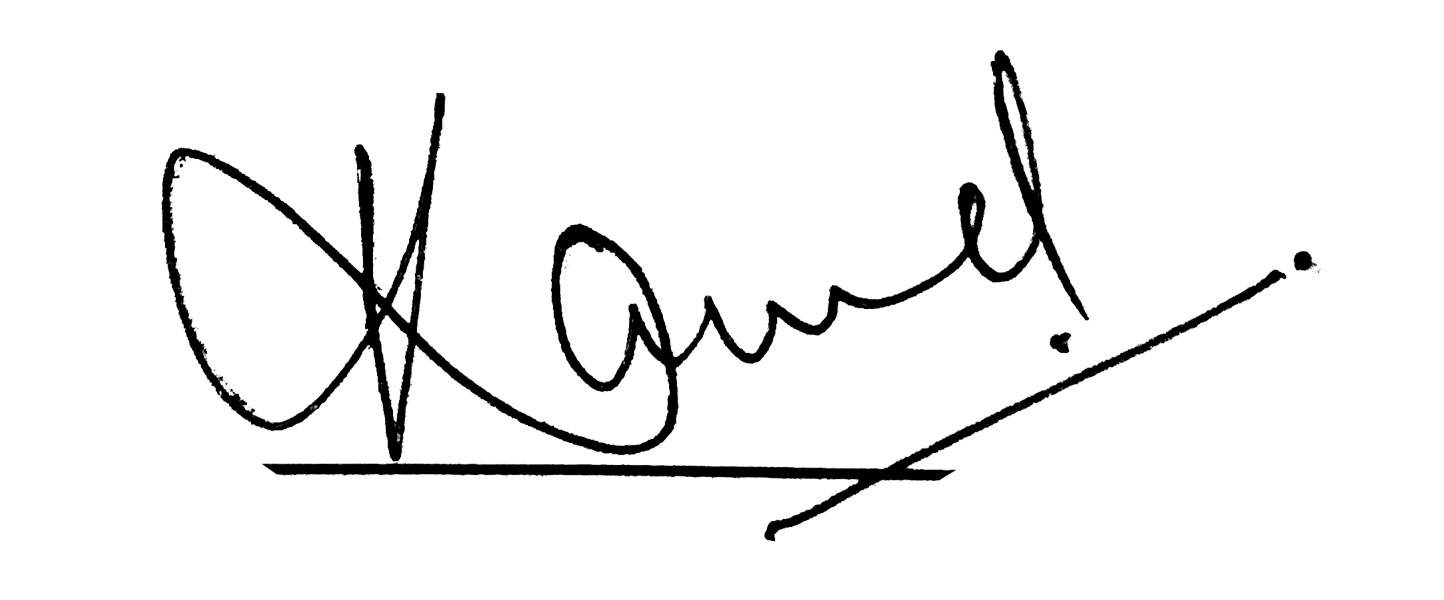Dear Rotary leaders,

Clean water is a basic need for all living beings. When people, especially children, have access to clean water, they live healthier and more productive lives.
While very few people die of thirst, millions die from preventable waterborne diseases. This gives the impetus to Rotarians to build wells, install rainwater harvesting systems, and improve sanitation facilities in underdeveloped countries. Rotary clubs provide toilets that flush into a sewer or a safe enclosure and promote hand-washing and other good hygiene habits.
Recognising the urgency of the situation we need to address the water and sanitation issues in India .
WATER
We have defined W-A-T-E-R, as an acronym: W – Watershed development; A – Advocacy / Awareness / Activism; T – Transformation / rejuvenation of water bodies; E – Efficient rain water harvesting; R – Reduce / Reuse / Respect / Retrieve / Recharge / Recycle water.
In the next five years let us strive to construct 10,000 check dams impacting 500 million acres of land, intensify afforestation by planting five million trees in the vicinity of these structures, rejuvenate 10,000 large water bodies, create 50,000 urban RWH structures and make 25,000 villages self-sustainable. We can then align with the Jal Shakti Abhiyan, a national mission launched by the Jal Shakti Ministry.
Sanitation
In the next five years let us strive to provide WASH facilities in 150,000 schools; renovate/construct toilets, provide handwashing and drinking water facilities, promote MHM, BCC and hygiene education and make 5,000 villages ODF-Plus, provide 1,000 villages with tap water connection under GoI’s Jal Jeevan Mission, 500 community toilets in Gram Panchayats/villages, and construct 500 public toilet blocks for the use of floating population such as migrant workers, visitors and tourists, in Gram Panchayats/towns/cities
India’s sanitation crisis
India is the second most populous country in the world, with more than 1 billion citizens. A staggering 344 million practise open defecation. The World Bank estimates that 21 percent of communicable diseases in India are linked to unsafe water and the lack of hygiene practices. Further, more than 500 children under the age of five die daily from diarrhoea in India alone.
So friends lets us tighten our belts. The climb is steep, but climbing must be done.
Kamal Sanghvi,
RI Director, 2019-21






